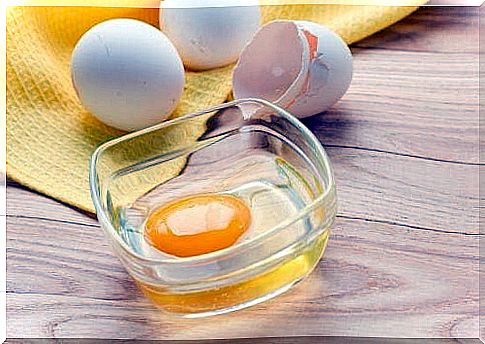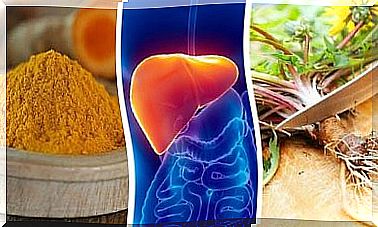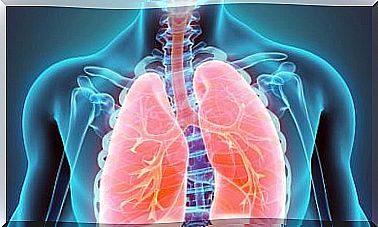Everything You Should Know About Eggs
If there are highly recommended foods, those are eggs. Suitable for consumption at all ages and in practically any situation.
They have great nutritional value, despite the established false myths that we will try to explain here.
Although you can eat the eggs of many species such as goose, duck, quail, ostrich, etc., we will focus on the chicken egg, which is the most consumed.
One of the main advantages of eggs is that they allow us to eat them in very different ways. Either as a unique food, cooking it cooked, fried, scrambled, on the plate, poached, in an omelette (alone or with any other food that comes to mind) or as part of countless recipes, both sweet and savory dishes.
Protein from eggs

The proteins in this food are mainly found in the white, and are considered proteins of high biological value. They also contain all the essential amino acids, making the egg the highest quality protein food.
In fact, the proteins in eggs are taken as a reference to assess the protein quality of other foods. The most abundant protein is ovalbumin. It is determined that 100 grams of eggs provide us with 13 grams of protein.
According to a study published in the journal Nutrition Hospital , the egg provides all the essential amino acids in large quantities. In addition to providing significant amounts of iron, selenium, riboflavin, vitamin B12, niacin, pantothenic acid, biotin, and vitamins A, D and E, as well as choline.
Controversy with cholesterol
For years it has been recommended to restrict the consumption of eggs to 2 or 3 per week due to their high cholesterol content. Today it is known that what affects blood cholesterol is the balance between saturated and unsaturated fats.
Well, the egg contains both types, but many more unsaturated. In addition, the egg is rich in lecithin, responsible for its emulsifying property, which reduces the intestinal absorption of cholesterol.
As we are informed from the article “The egg as an ally of Nutrition and Health” published in the Cuban Journal of Food and Nutrition:
The egg in weight loss diets

Although it is true that an egg has a high caloric intake, 150 kcal per 100 g, an egg weighs about 60 g, therefore, its caloric intake will be around 80 kcal, something very minimal for people with a balance diet.
Eggs are high in protein, and proteins, as stated in an article published by Health Research , are the nutrients with the greatest satiety effect, so they can help you eat less food or feel like eating carbohydrates, which alone would make you gain weight.
Those who follow a diet to lose weight should control their consumption, but never stop taking it, as it is more beneficial than harmful.
The egg and eye health
Eggs, particularly the yolks, contain significant amounts of lutein and zeaxanthin. These nutrients, according to some studies, have been shown to reduce the risk of visual diseases such as cataracts and macular degeneration.
In a controlled study, consuming 1.3 egg subjects per day for 4.5 weeks raised blood lutein levels by up to 50%, while zeaxanthin increased between 114 and 142%.
Do you already include this food in your diet? Finally, remember that eggs are a highly allergenic product, especially in childhood. Be very careful with him. Control and benefit from the consumption of eggs.








